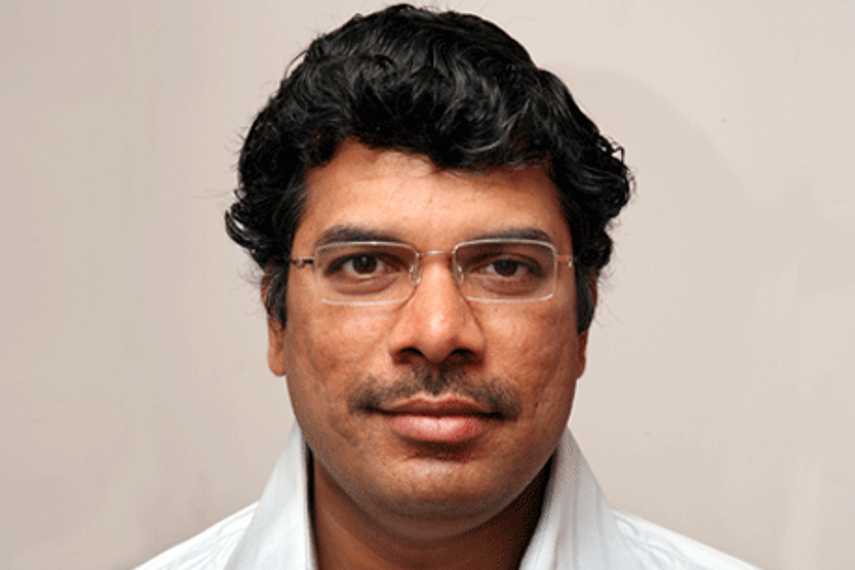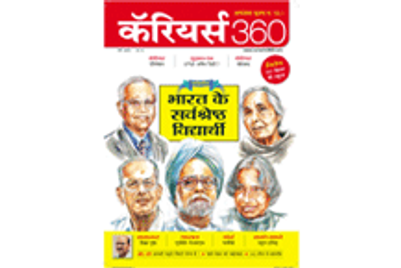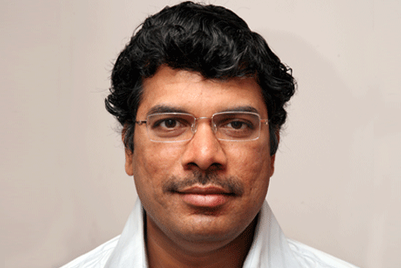
In April 2009, Maheshwer Peri, then president, publisher and CEO, Outlook Publishing India, launched his entrepreneurial venture Pathfinder Publications. It launched with print publication Career 360 in the space of education. While continuing to don the hat of publisher for Outlook, he is guiding Pathfinder towards building expertise in career counseling, besides testing waters in the online space - rather successfully. Peri, chairman at Pathfinder, tells Campaign India about the migration to the digital space from print and realising multi-platform monetisation opportunities.
How has been the experience so far with Pathfinder Publications?
It is completely off the beaten track. When I got into it, I saw the kind of desperation in students when they look for information on the education sector. That struck me very, very hard. Because we feel that political news is more important, but a student out there is only looking for news on higher education options. And he’s extremely desperate. So I have realised that I am actually catering to the needs of a student. This is what the youth of this country wants. And that’s been a very exciting thing. Every time I meet a person, he’s just looking for reassurance, some kind of information, advice - with a twinkle in his eyes whenever he speaks to us. We are dealing with a different set of audience which is very exciting.
As an entrepreneur, it’s always a tough as you are trying to make two ends meet. You have to ensure that at the end of the month you generate enough revenue to pay off the dues and move ahead. Every month, we are investing on newer properties to reach out to students. The challenge is how you create one single stream of content and monetise it across multiple platforms by adding a bit more content that is suitable for that medium.
How many titles do you have right now?
I have two titles rights. Career 360 in two languages – Hindi and English (and the digital offering).
What inspired you to move to the online platform?
When I got into education as a segment, there was deep commitment and passion from my side. Students are there on the digital platform. And through online it is easiest to reach out to many students with the same content in the shortest possible time. Nowhere could I have delivered the content that I am creating everyday to such a large audience so effectively and quickly.
You talked about creating monetisation opportunities across multiple platforms. Can you please elaborate?
Look at the popular (news) segments in this country: celebrities, films, women, politics and so on. However, if you scan each one of them, there are very few opportunities where the same content is transportable and translated in the same manner across various platforms. In education, the information in terms of higher studies is same across the country. I may need to add some local information. But most of the content I am generating for print can go online without making any changes. When I got into education, I was absolutely certain of that – be it in digital, print, television, radio or workshops, the language may change but the same content could go.
And even when I need to add additional information, it requires marginal investment. For instance, we do rankings and ratings for colleges. We go to the colleges, take information and they send us a plethora of information. We use the data, rank them or rate them and dump the rest of the information. The moment I have the digital platform, I put this additional information online which the students can use and engage with. I am using the same information for a different platform, which otherwise would have been dumped. I created an almanac on colleges, courses offered and the job opportunities.
And then I took the same information and moved one more step forward and created workshops. The entire data and the quantitative information come from the ratings. So if I have to put this in perspective, it is the magazine that is creating content. We have created an almanac from that. From there, we have moved to the digital and created a more engaging platform with students.
And from there, I go to colleges and various cities and do workshops.
Can you please tell us the various sources of revenues?
Besides the advertising, students pay us Rs 500 to attend the workshops. So we aim to do around eight to nine workshops where an average of 3,000 to 4,000 students pay us to listen to us. Students are looking for one single source of reassurance. And reassurance not from an agent, but from a credible counselor, who is not going to drag you to a college to extract commission out of you. Someone who can help them take a more informed decision.
So we have three revenue streams: print, digital and others. For the digital platform, revenue monetization started only from the last quarter.
Can you please tell us about future plans for Pathfinder?
On the digital platform, students pay us Rs 1,499 for online counseling on the cut off data for various colleges. This is one piece of information that no one else can give across all colleges in India. The kind of information we have is a huge asset. So going forward, we will concentrate more on workshops and online counseling.
Please tell us about the challenges in this space.
In this country, students are treated as customers. Educational counseling can be life changing. If a student makes a wrong decision, his life is completely screwed. If you go to the interiors of this country, you will find that dreams and aspirations are always fulfilled through education. And we don’t have the right to play with it. So the task was to establish a different culture, not like the way many people do. And it was a big challenge. Creating the credibility was a challenge.



.jpg&h=334&w=500&q=100&v=20250320&c=1)
.jpg&h=334&w=500&q=100&v=20250320&c=1)
.jpg&h=334&w=500&q=100&v=20250320&c=1)

.jpg&h=334&w=500&q=100&v=20250320&c=1)









.jfif&h=268&w=401&q=100&v=20250320&c=1)
.jpg&h=268&w=401&q=100&v=20250320&c=1)
.jpg&h=268&w=401&q=100&v=20250320&c=1)
